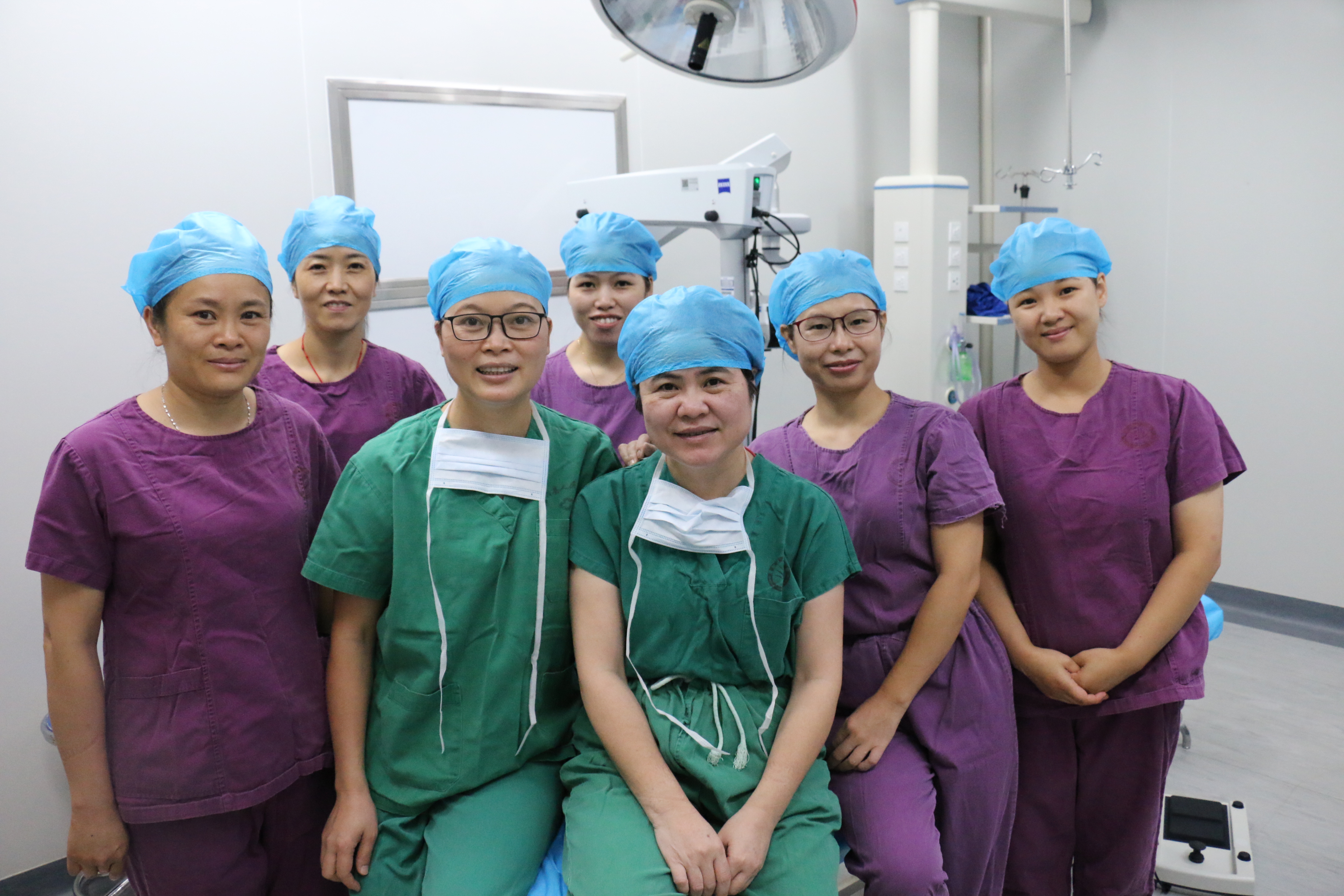Sight is the primary sense. How we live, what we do, and produce and enjoy as part of our day-to-day lives – whether personal, family or in a professional setting – is made exponentially more effective and possible with the gift of sight.
Sight matters because it impacts a person’s ability to communicate and interact with the world around them. It affects a person’s ability to learn, to access economic opportunities, and to live a life of independence. This holds true especially for people living in low and middle income countries, where communities are often ill-equipped to care for those living with blindness or vision impairment.
People who have lost their sight live meaningful lives – especially those who live in countries with advanced health care systems and support services. But in many developing countries, measures aren’t in place to allow people with vision impairment to live rich and fulfilling lives due to a lack of resources.
There are 43.3 million people around the world who are blind and 295 million with moderate to severe visual impairment. 90% of them live in low and middle-income countries.

But the good news is that nine out of ten people who are blind or vision imparied don’t need to be – this means we can do something to prevent it, treat it or manage it.
We’ve been working to restore sight since 1992, when our founder – Professor Fred Hollows – set us our mission to end avoidable blindness. We’ve got the strategy, the tools and the partners to make this happen. But this is a global challenge, and if we are to meet it, we will need a diverse, world-wide coalition of change-makers to join us.
Imagine being blind simply because of your circumstance. It’s almost unthinkable. Yet millions of people around the world are suffering from this exact fate. The impact of restoring sight to all these people goes beyond treating blindness.

In research we’ve undertaken, we discovered that alleviating blindness is an effective way of easing poverty in the developing world. This is one of the ways our sight-restoring work can contribute to the The United Nations Global Goals for Sustainable Development (SDGs).
With good vision, children can go to school, teenagers can pursue higher education, adults can work, and families can raise children. People can also start businesses, make art, take part in commerce, science, technology or go into medicine and restore sight themselves.
Ending avoidable blindness improves the economy, equality, skills and development of a country, while reducing its financial and social burden. For every £0.54 invested in eye health there’s at least a £2.20 return to the economy.
If more people can see then more people get the opportunity to be productive, take part in economic activities, and live life on their terms. And that is why sight matters.

“Every eye is an eye. When you are doing surgery there, that is just as important as if you were doing eye surgery on the Prime Minister or King.”
